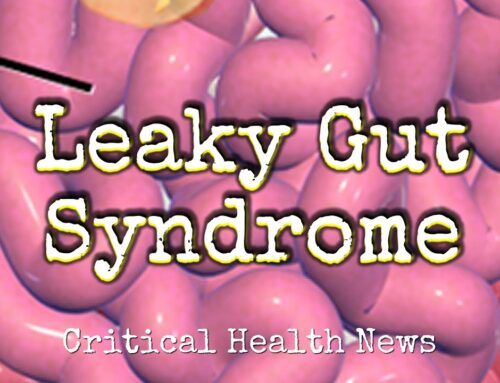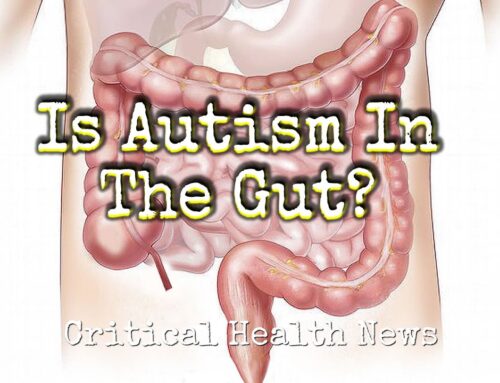Inflammatory bowel disease or IBD affects millions of Americans and can not only lead to unpleasant physical symptoms including bloating, diarrhea, cramping, nausea and pain. It can also be psychologically debilitating. The same neurological dysfunction that affects the digestive tract can cause depression, anxiety, emotional overwhelm and an amplified stress response.
The connection between mental health and intestinal issues is so clear-cut that historically gastroenterologists and psychiatrists have considered inflammatory bowel disease to be a psychosomatic illness and treated it using antidepressants and anti-anxiety medications, recognizing that emotional responses to life events and experiences were linked to the illness. Even today, many medical professionals believe that the direct cause of IBD is without physiological basis. Although often times patients recognize there’s a logical and obvious relationship between digestive discomfort and what they eat.
Gluten and grains can be a problem, specific vegetables can cause trouble, eggs, dairy and legumes are potential culprits that can trigger symptoms. In addition to avoiding these and other food, scientists are also beginning to recognize an important association between intestinal bacteria and IBD. Many victims find that using probiotic supplements can be helpful.
Recently it’s been discovered that enjoying fats can reduce signs of bowel disease. According to research from Case Western University, a high fat diet featuring lots of coconut oil reduce so-called “bad intestinal bacteria” in laboratory animals by 30% and had beneficial anti-inflammatory effects that may be a significant finding for patients with IBD.










